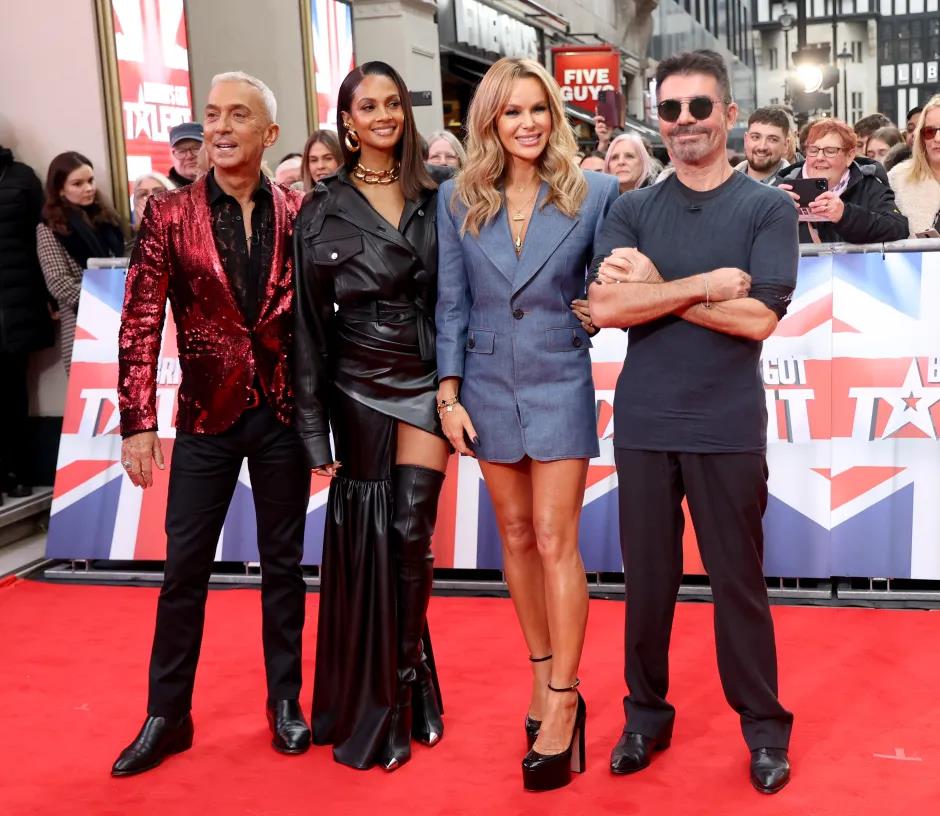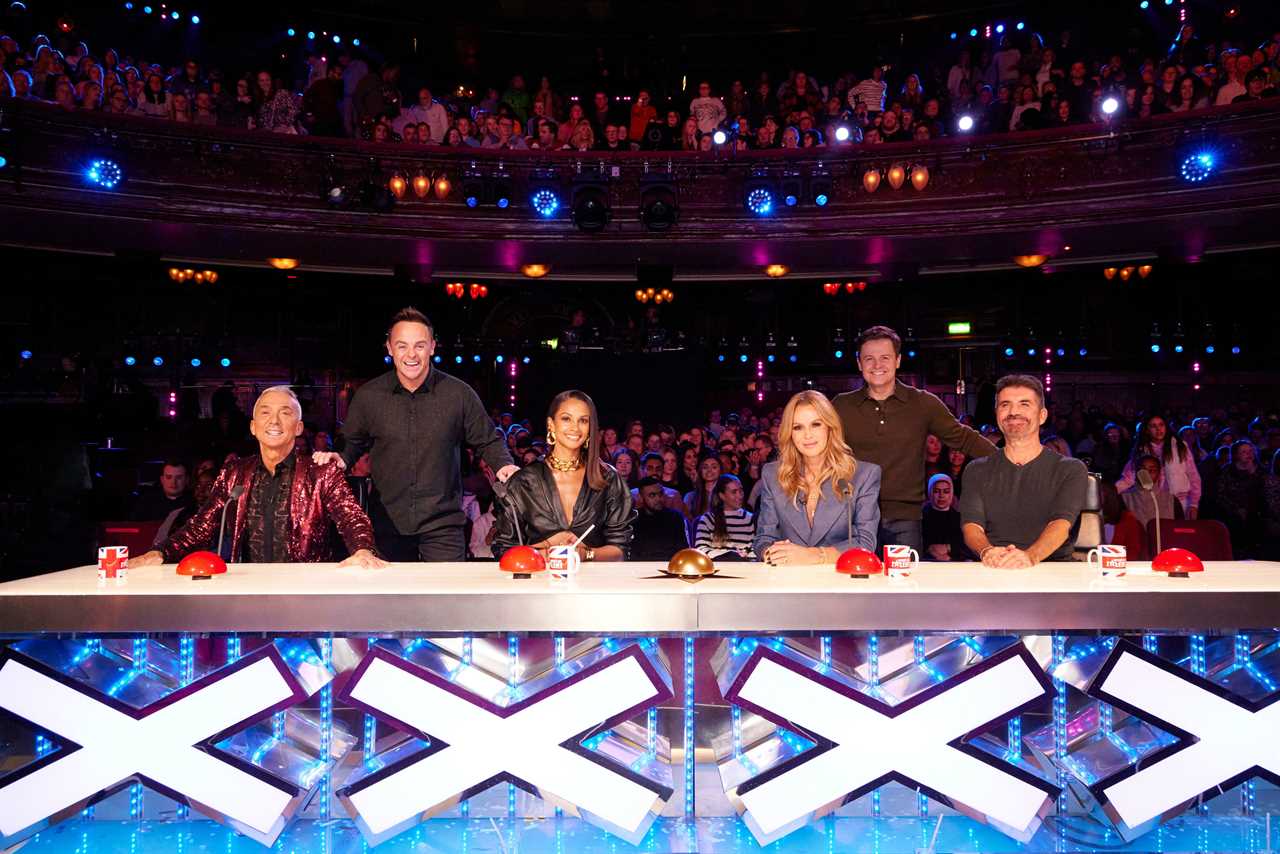
As Britain's Got Talent 2025 nears its climax, the convergence of diverse talents and evolving formats reflects broader shifts in entertainment culture. The final, scheduled for Saturday, 31st May, signifies not just a spectacle but a reflection of societal dynamics influencing our viewing habits and artistic preferences. The fusion of tradition with innovation in this year's series prompts us to delve deeper into the intersections of talent, technology, and audience engagement.
The Wider Context: Rethinking Talent Show Dynamics
This year's Britain's Got Talent adopted a novel approach, reshaping the show's timeline and introducing new elements like the Golden Buzzer during the semi-finals. Such modifications reveal a conscious effort to adapt to changing audience expectations and consumption patterns. By spreading out the semi-finals and enhancing viewer participation, the programme aligns with a digital age where interactivity and inclusivity are paramount in entertainment offerings. This strategic evolution not only enriches the viewer experience but also reflects a broader industry shift towards engaging, socially resonant content.
Amidst Structural Changes: Contestants and Controversies
The line-up of finalists for Britain's Got Talent 2025 showcases a blend of public-voted acts and Golden Buzzer recipients, symbolising the delicate balance between audience preferences and judges' discernment. The presence of both established favourites and wildcard entrants like Max Fox underscores the inherent unpredictability and dynamism of talent competitions. However, behind the glitz and glamour lies a backdrop of controversies and critiques, raising questions about transparency and fairness in the selection process. As the final approaches, it's crucial to scrutinise not just the performers but also the structures that shape their journeys on the show.
Empowering Voices: The Impact Beyond the Stage
While the Britain's Got Talent final promises a night of dazzling performances and emotional highs, its significance transcends the confines of a single event. The winner's trajectory towards a £250,000 cash prize and a Royal Variety Performance slot underscores the transformative power of platforms like this show in propelling emerging talents onto national and global stages. By amplifying diverse voices and narratives, Britain's Got Talent serves as a cultural barometer, reflecting and shaping the evolving landscape of British entertainment. The influence of such programmes extends far beyond the glittering lights of the stage, wielding the potential to inspire, challenge, and unite audiences across borders.

As we anticipate the grand finale of Britain's Got Talent 2025, we are not just witnessing a competition but a narrative of creativity, resilience, and aspiration. The journey of each contestant mirrors a broader societal quest for recognition, reinvention, and celebration of human ingenuity. In navigating the intricacies of talent curation and performance evaluation, we navigate the complexities of our own cultural values and artistic inclinations. Beyond the dazzle of the final act lies a tapestry of stories, emotions, and ambitions that remind us of the enduring allure of talent showcases in an ever-evolving world.






